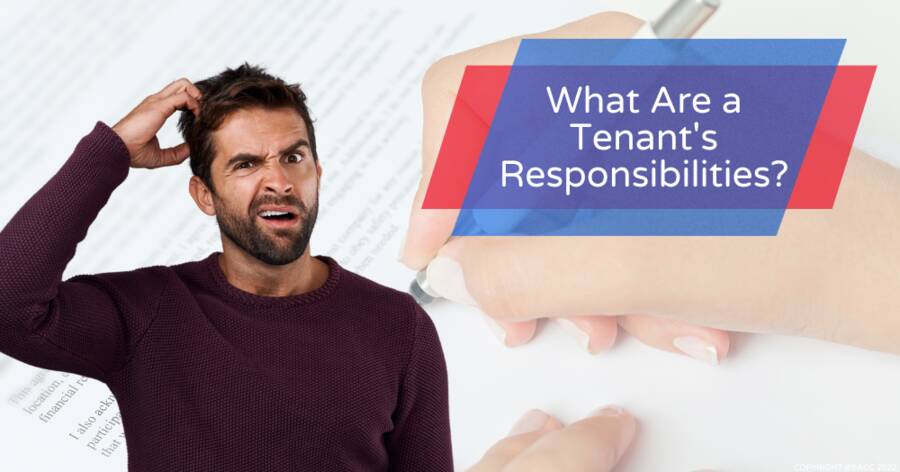
Moving into a new home can be exciting, but renting
a property comes with responsibilities. To avoid disputes – or paying for
things that don’t fall within your remit – it’s helpful to know your
obligations as a tenant.
Read on for a general guide to a tenant’s
responsibilities (but please note that for specific detail, refer to your
rental agreement).
It’s a two-way street
The most important thing to remember about the
tenant/landlord relationship is that both parties have an important role to
play. The landlord has a duty to ensure that the property they’re letting is
safe and habitable, and the tenant should treat the property respectfully.
Your rental agreement
As with most relationships, things work best when
everyone understands what’s expected of them. And that’s why your rental
agreement is so important – it’s a legal contract that spells out the
responsibilities of the landlord and the tenant. It should cover everything
from rent and repairs to how to end a tenancy.
Always read, and make sure you understand the terms
of a rental agreement before you sign on the dotted line.
While your contract will cover most eventualities,
here are some common causes of confusion regarding tenant/landlord
responsibilities.
Repairs and maintenance
Generally, landlords are responsible for the
property’s structure (walls, chimneys and the roof), sanitation (toilets, sinks
and pipework), boiler and electrical wiring.
Landlords are also responsible for the furniture and
electrical appliances that are in the property when the tenant moves in.
Any items or goods brought into the property by the
tenant are the tenant’s responsibility.
Damage
If a tenant (or their guest) causes damage to the
property, then the tenant is obliged to handle the repairs. So if, for example,
you invite a friend around and they spill red wine on the carpet, it’s your job
as the tenant to get rid of the stain.
Reporting issues
While the landlord has to take care of structural
and external features, it’s a tenant’s responsibility to report problems. It’s
best to do this when you first notice an issue so that it’s resolved promptly.
Access
If you’ve reported an issue to your landlord, a
tradesperson will need access to the property to do the repairs. This work
should be conducted at a reasonable time, and you should be given 24 hours’
notice before they arrive. A tenant can refuse access on ‘reasonable grounds’.
But to get the problem resolved as soon as possible, it’s best to be
accommodating.
Gardens
Landlords are typically responsible for fences, guttering
and lopping trees. The tenant is obliged to carry out tasks such as weeding,
watering and disposing of waste.
Cleanliness
Cleanliness can be a thorny issue – half of all
end-of-tenancy disputes are about cleaning*. Before moving out, a tenant should
ensure the property is cleaned to the same standard as it was at the start of
the tenancy (although allowances are made for general wear and tear).
Talk to your landlord – or their agent
While it’s essential to adhere to the terms of your
rental agreement, if you have a question, raise it with your landlord or their
agent. Sometimes disputes are caused by simple misunderstandings that can be
sorted by having a quick chat.
To find
out about rental properties in the local area, get in touch with us here
at Ridgewater Sales and Lettings.
*Tenancy Deposit Scheme